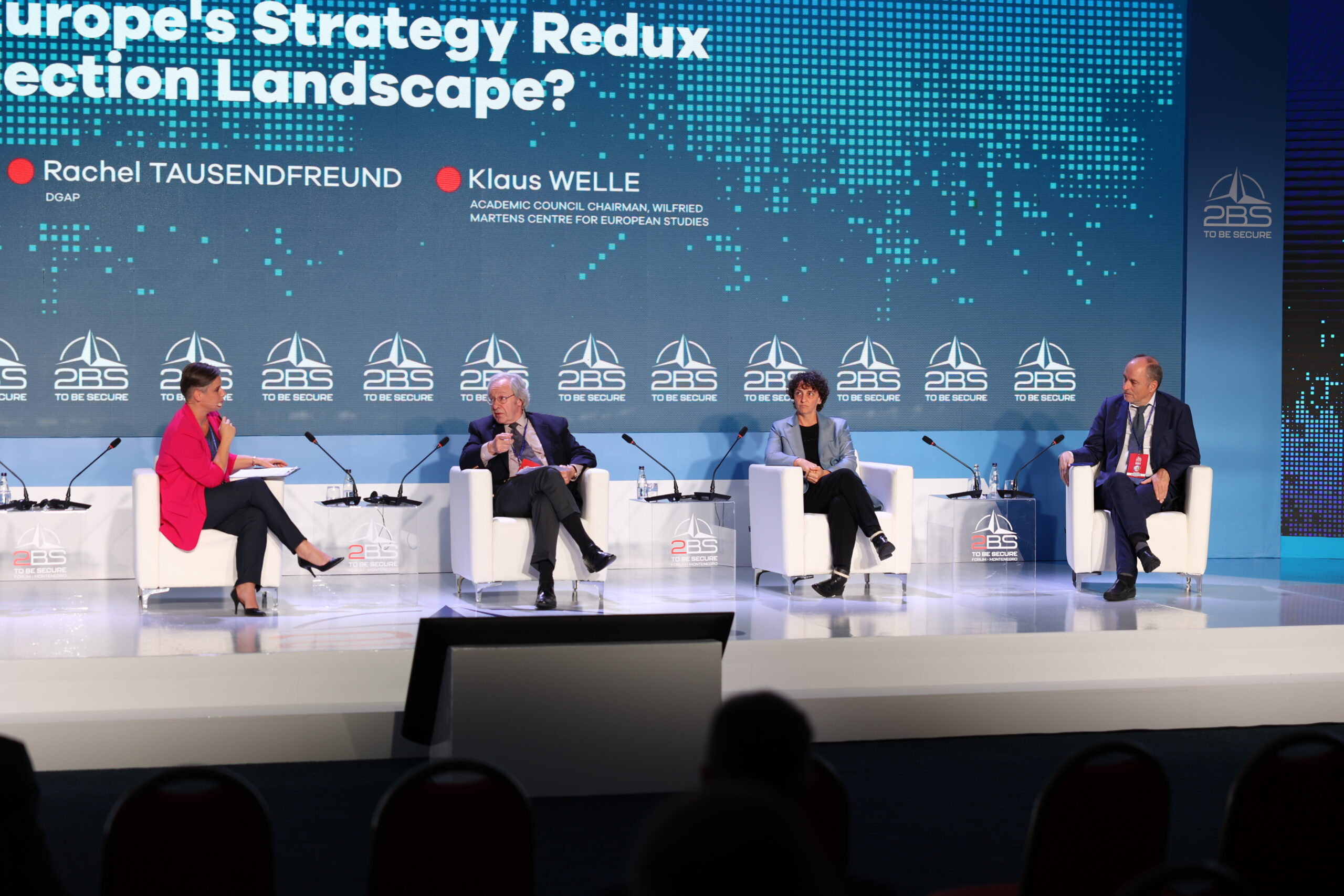As the world faces increasingly complex challenges, continued dialogue and cooperation between the United States and Europe is more crucial than ever, it was concluded during the panel US World: Europe’s Strategy Redux in a Post-Election Landscape at the 2BS Forum 2024.
The conversation, which took place against the backdrop of the approaching U.S. election and shifting global power dynamics, offered valuable insights into the challenges and opportunities facing the transatlantic alliance.
Stephen Erlanger, Chief Diplomatic Correspondent in Europe for the New York Times, addressed concerns about US isolationism, stating, “I don’t think America is turning inward. I mean, we have interests all over the world. We have corporations all over the world. We have troops all over the world. That’s not going to happen. But what the U.S. is doing, and it will happen in a bipartisan way, it is moving outward. It’s moving more toward Asia than toward Europe.”
The panel highlighted the pressing need for Europe to bolster its defense capabilities and spending efficiency. Rachel Tausendfreund, Senior Research Fellow at the German Council of Foreign Relations, underscored the political challenges in this endeavor. “The thing I mentioned before in terms of really doing the European part to keep NATO strong, that’s gonna take political will. We’ve had two years now, and it would have been the best time for these things to manifest,” Tausendfreund noted, adding, “I think there needs to be some kind of real defense European integration step in accordance with NATO.”
Klaus Wille, Academic Council Chairman at the Wilfrid Martin Center for European Studies, proposed leveraging the European Union for more coordinated defense efforts. “I’m a firm believer that if we want to do this, we can only do this efficiently with the European Union. We cannot have 27 national defense markets. We cannot have 27 separate research programs,” Wille argued, suggesting the EU could play a crucial role in joint procurement and research initiatives: “There’s always the discussion, do we have to spend more money, but first we have to spend it more efficiently.”
The discussion also touched upon the enduring importance of NATO for both US and European security. Despite challenges, the Alliance remains a cornerstone of transatlantic relations, requiring continued commitment and adaptation from all members.
